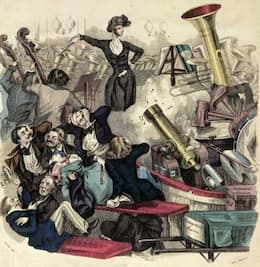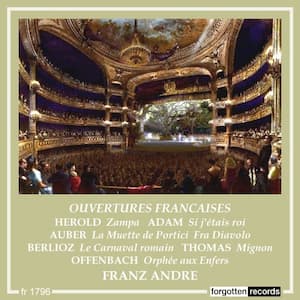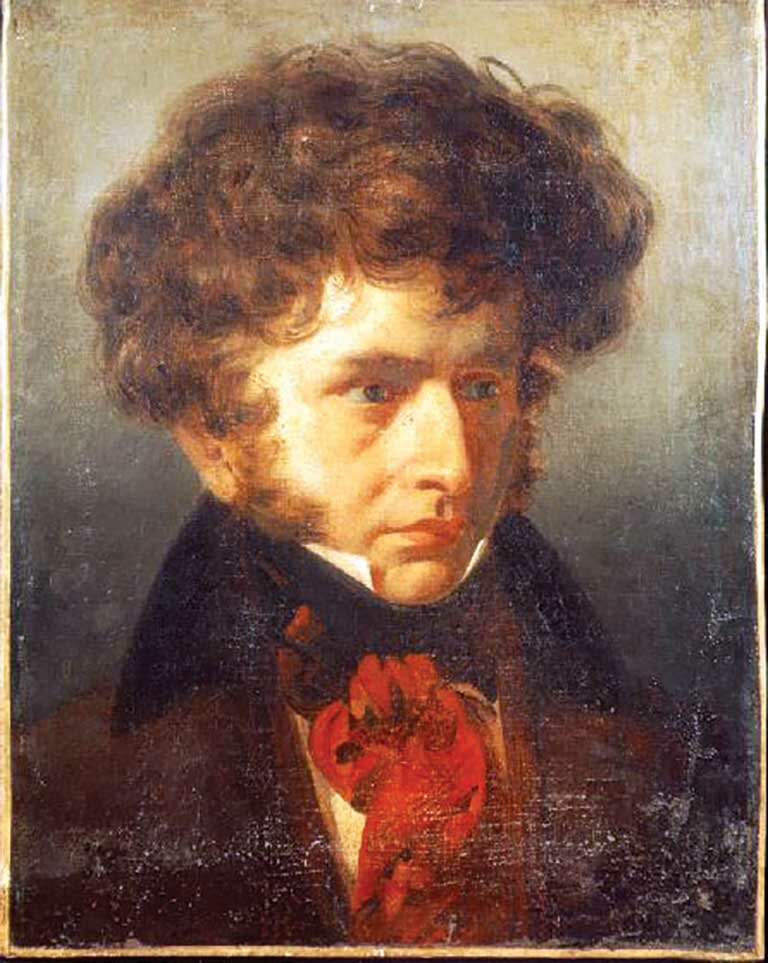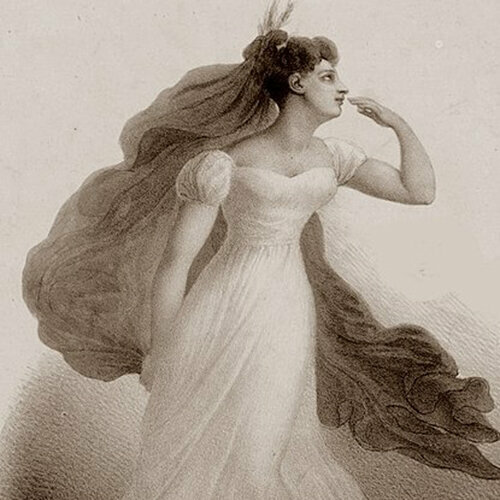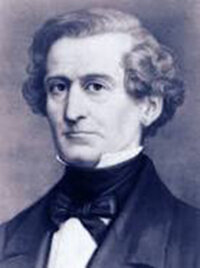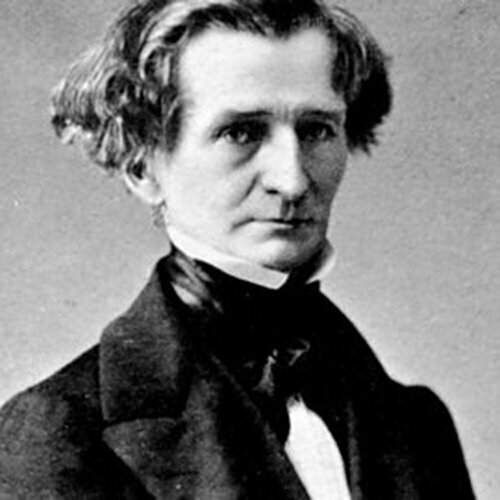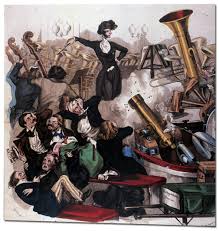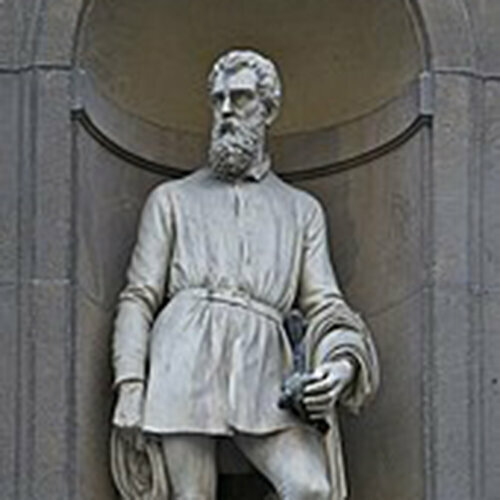When Claude Debussy was working on his opera, Pelleas et Melisande, he wrote “Berlioz was never, properly speaking, a musician of the theater.” Debussy’s comment mirrored the thoughts of contemporary critics and scholars who suggested that Berlioz was more successful
Berlioz
Hector Berlioz (1803 – 1869) had a difficult path to success. He tried time and time again to win the highest award France gave for music, the Prix de Rome, but he could only win it by modifying his style
Whether we like it or not, Hector Berlioz is primarily associated with a single composition. Everybody knows his Symphonie Fantastique, but his religious works, the dramatic legends, his songs and even his operas are rarely scheduled for performance, and they
When Hector Berlioz went to see a production of Shakespeare’s Hamlet in Paris in 1827, he could hardly have guessed that it would turn into a life-changing experience!
Hector Berlioz was particularly fond of poking fun at so-called musical critics who had neither the education nor the natural ability to pass judgment on a composition. Of course, he had been mercilessly criticized for “his strange composition consisting of
The Hopeless Romantic On 8 March 1869, Hector Berlioz (1803-1869) died in his house in the Rue de Calais in Paris. To commemorate the 150th year of his passing, we pay homage to the writer, conductor, traveler, lover, cynic and
Hector Berlioz published his famous handbook on the art of orchestration, his Traîté d’instrumentation, in January 1844. It remains, even today, a landmark in the history of the symphony orchestra. It is a concise and brilliant historical document that details
For all his dislike of Italian music, Hector Berlioz (1803-1869) kept returning to Italian subjects. We only need to think of Romeo and Juliette, Harold in Italy, and the opera loosely adapted from the memoirs of the 16th century Florentine

